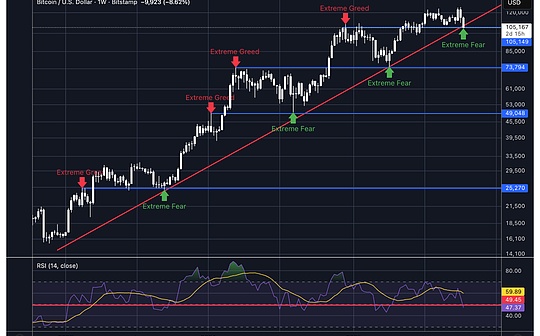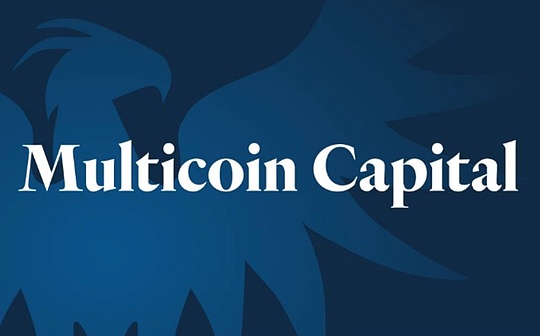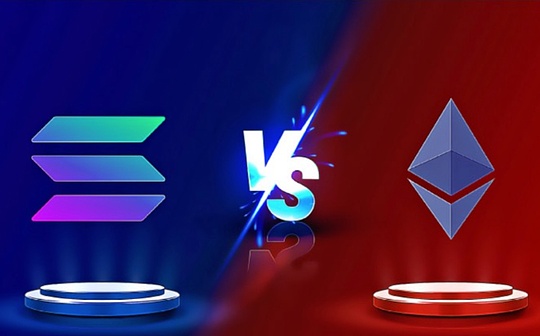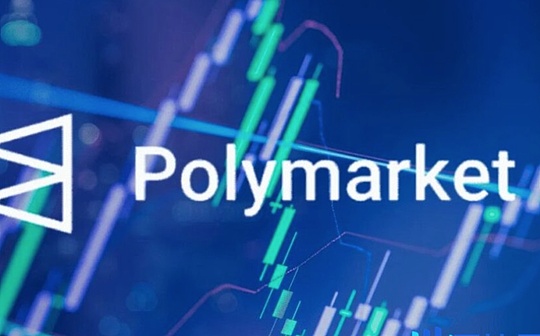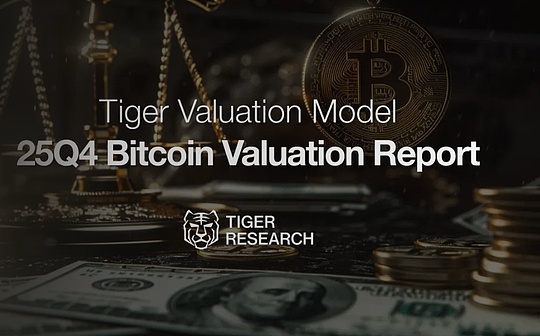
Author: Martin Young, Cointelegraph; Compilation: Songxue, Bit Chain Vision Realm
Crypto wallet provider Metamask launched a new pledge service, enabling Ethereum users to run their own verification nodes, But need to pay.
On January 18, the encrypted wallet provider introduced the pledge function of verification nodes through Metamask Portfolio.
Metamask will represent the pledges who deposit 32 Ethereum to run the verification node.According to the current price of Ethereum, this is equivalent to about $ 78,752 -the amount is not small.
Metamask pointed out,This service does not need to be merged or hardware. It said: “We run your node safely, simplify your pledge rewards, and at the same time reduce the risk of being cut and shut down.”
This new service may be attractive to beginners and/or decentralized supporters, becausePraising through Metamask may solve the centralized concerns caused by large -scale liquid pledges like Lido.
This also eliminates the necessity of buying a personal Ethereum node to buy a personal Ethereum node, and the possibility of being cut off due to the interruption of the Internet.
“In more than two years of operation,” more than 33,000 verification nodes and more than $ 2 billion in ETH, “” said the management of the service.
At present, the annual return of pledge through Metamask is 3.8%. However, the platform will also draw a 10%verification node reward as a handling fee.
The encrypted investment portfolio is followed by Rotkiapp founder Lefteris Karapetsas said that this new service is a “interesting idea, but 10%of the cost makes it completely not attractive to any user who is willing to compare with other options for other available options.Choice.
Use Metamask pledge to reduce the income after its cost is similar to 3.4%of LIDO.
LIDO is the leading liquid pledge platform in the industry. It has now locked 9.3 million US dollars worth $ 22.9 billion.According to Ultrasound.Money, this is equivalent to about 40%of the total 28.8 million ETH pledge.About a quarter of the total circulation supply of Ethereum is locked in pledge.
In addition to decentralized pledge providers, Ethereum holders can also use centralized exchanges, such as Coinbase, which draws 25%of pledge rewards.




